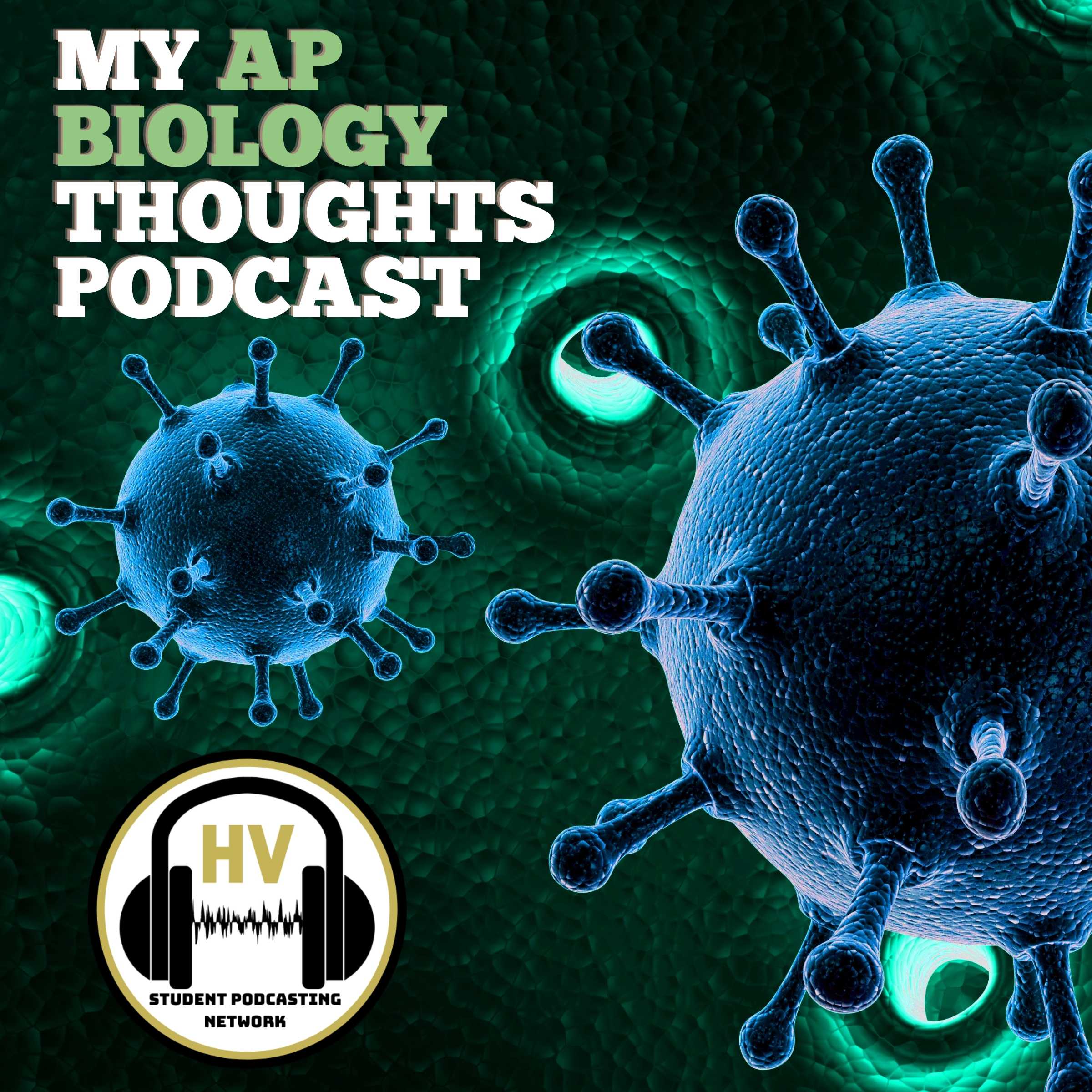Nervous System
Description
My AP Biology Thoughts Unit 4 Cell Communication and Cell CycleWelcome to My AP Biology Thoughts podcast, my name is Saarim Rizavi and I am your host for episode # 83 called Unit 4 Cell Communication and Cell Cycle: The Nervous System. Today I will be discussing everything there is to know about the Nervous System. I’ll start off by giving a brief introduction into what the nervous system exactly is, the parts of the nervous system, what these parts themselves consist of, and the function of these parts. I will then get into how the nervous system develops as one grows older and the many life-debilitating and common diseases of the nervous system. I will finally place the nervous system into the broader topic of cell communication and the cell cycle by talking about the cells of the nervous system, the cell signaling pathway of the nervous system, and basically how neurons communicate with one another. So, basically, I’ll be talking about how the nervous system actually works. I actually want to study neuroscience in the future which is focused on the brain and its impact on behavior and our functions and the main focus of the field is how the brain sends messages throughout your body through the nervous system. So I’m happy to be talking about this topic and I hope you guys find it interesting too. Before I begin, I would like to give credit to some of the websites and resources that were used to create this podcast. These include, lumen learning, mayoclinic, the National Institute of Health, News-Medical.net, livescience.com, and Khan Academy.
Segment 1: Introduction to The Nervous System What is the nervous system?
A complex network of nerves and cells that carry messages to and from the brain and spinal cord to different parts of the body
The main controlling, regulatory, and communicating system in the body and is known to be the most complex and highly organized body system
The center of all mental activity including thought, learning, and memory.
Responsible for maintaining and regulating homeostasis
Allows us to interact and understand our environment and surroundings, internally and externally
Has 2 main parts, the central nervous system and the peripheral nervous system
The Central Nervous System
Made up of the brain, spinal cord, and neurons
The brain controls many of the body’s functions including sensation, thought, movement, awareness, and memory
The surface of the brain is the cerebral cortex - associated with perception, memory, association, thought, and voluntary physical action
The largest part of the brain is the cerebrum - responsible for things such as memory, speech, voluntary behaviors, and thought.
The cerebrum is divided into the right and left hemispheres
The right hemisphere controls movements on the body’s left side, while the left hemisphere controls movements on the body’s right side
The hemispheres are divided into the frontal lobe, the occipital lobes, the parietal lobes, and the temporal lobes
The spinal cord connects to the brain via the brain stem and runs down through the spinal canal, located inside the vertebra.
The spinal cord carries information from various parts of the body to and from the brain and in the case of some reflex movements, responses are controlled by spinal pathways only
Neurons are the building blocks of the central nervous system.
Billions of these neurons can be found throughout the body and communicate with one another to produce physical responses and actions.
The Peripheral Nervous System
Made up of nerves that branch off from the spinal cord and extend to every part of the body
Main role of the peripheral nervous system is to connect the central nervous system to the organs, limbs, and skin
Nerves extend from the central nervous system to the outermost areas of the body
The peripheral nervous system allows the brain and spinal cord to receiv
More Episodes
Published 06/08/23
Published 06/08/23
My AP Biology Thoughts Unit 8 Ecology EPISODE TITLE: Birds of Paradise Mating RitualsWelcome to My AP Biology Thoughts podcast, my name is Xavier and I am with Celine and Sofie and we are your hosts for Unit 8 Ecology-Birds of Paradise Mating Rituals. Today we will be discussing Birds of...
Published 12/21/21


